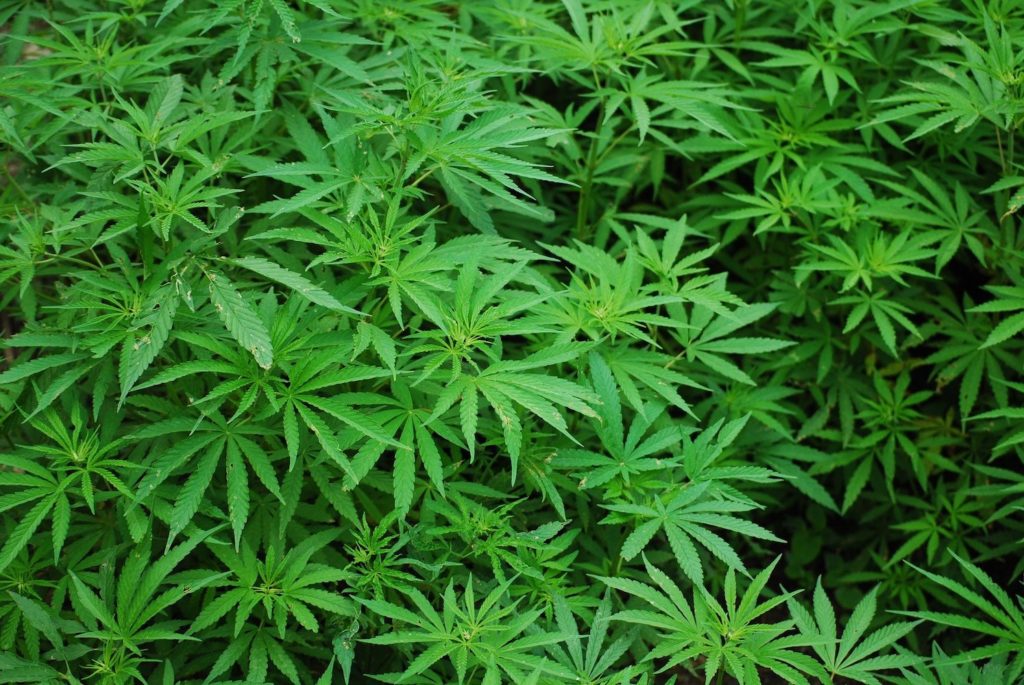Even if stigmatization still exists in Colombia, the use of cannabis for medical purposes has helped increase the acceptance of this plant. As more people look at medical cannabis as a solid treatment for many illnesses, Juan Reyes, a congressman, is proposing an initiative which aims for the legalization of cannabis and the regulation of the current growing market.
Colombian congressman authors initiative aimed at legalizing cannabis


Cannabis is already accepted in Colombia for medicinal use, but this normalization has not lifted the burden of prohibition. Undaunted, congressman Juan F. Reyes, author of the initiative that seeks cannabis’ legalization in Colombia, talks about the plan to regulate this promising market.
For many, cannabis has become a balm to relieve pain, induce sleep, stimulate appetite, and cushion the blows that life sometimes delivers. Its advocates claim that it reduces stress considerably.
If you want to know more about cannabis, how a Colombia is moving towards regulated legalization of cannabis, and to find out the latest cannabis news, download the Hemp.im mobile application.
Legalization motivated by medical and commercial potential
Cannabis can also be useful, among other things, as an analgesic, anti-emetic, bronco-dialator and anti-inflammatory. And amid the apparent rush to integrate it into the lives of Colombians as a conventional substance, tax it, regulate it, legalize it and commercialize it, important questions arise.
The representative Juan Fernando Reyes, author of the project that seeks to regulate the market and legalize cannabis, explained the initiative. He assured that “one of the benefits of legalizing cannabis is the possibility of conducting more studies that previously could not be done as a result of prohibition.”
Also, of course, that it would allow taxes to be charged for the commercialization of this substance. Even if some critics say that the plant can be considered as a gateway to using stronger substances.
No conclusive evidence point at the plant as a gateway substance
Recent studies have shown how other factors may be more important in explaining a person’s decision to use hard drugs. And there is even evidence to suggest that alcohol and tobacco use can influence this decision.
The gateway theory has been questioned because of its reductionist nature. As it is not possible to attribute the decision to consume harder drugs exclusively to the use of cannabis, even more so, when there are individual and social factors that can influence that decision.
Now, on the contrary, there is evidence to demonstrate the effectiveness of legalizing cannabis as a “roadblock” to addiction to alcohol, nicotine, and accessibility to opiates and cocaine.
Andrés López Velasco, former director of the National Narcotics Fund, the experience of the Netherlands, Canada and other ‘regulated’ countries speaks for itself. The numbers show that cannabis regulation slowed the entry of psychoactive substances and other synthetic derivatives much more toxic for consumption.
There are also studies that indicate the relationship between cannabis use and a lower rate of injectable substance use. So the question becomes: how to raise the debate about allowing legalizing Cannabis for recreational purposes in a country stigmatized by drug trafficking?
Cannabis usage concept evolve from ‘Recreational’ to ‘Adult’
This bold congressman suggests it starts by changing the way we talk about it from recreational use to adult use. Recreational implies mere please or leisure activity, and feeds into harmful stereotypes. Adult on the other hand, or responsible use, implies that the person is consuming for a wider range of potential reasons, which they are competent enough to make.
In addition, the word “adult use” implies the delimitation of the people who will be able to consume and denotes the search for responsible consumption.
Now, he reminds undecided citizens, drug trafficking should not be understood in the same way as trafficking in other substances. They all have a very different fields of business and behavior from common marijuana and the project only talks about cannabis.
__
(Featured image by Rex Medlen via Pixabay)
DISCLAIMER: This article was written by a third party contributor and does not reflect the opinion of Hemp.im, its management, staff or its associates. Please review our disclaimer for more information.
This article may include forward-looking statements. These forward-looking statements generally are identified by the words “believe,” “project,” “estimate,” “become,” “plan,” “will,” and similar expressions. These forward-looking statements involve known and unknown risks as well as uncertainties, including those discussed in the following cautionary statements and elsewhere in this article and on this site. Although the Company may believe that its expectations are based on reasonable assumptions, the actual results that the Company may achieve may differ materially from any forward-looking statements, which reflect the opinions of the management of the Company only as of the date hereof. Additionally, please make sure to read these important disclosures.
First published in La Marihuana, a third-party contributor translated and adapted the article from the original. In case of discrepancy, the original will prevail.
Although we made reasonable efforts to provide accurate translations, some parts may be incorrect. Hemp.im assumes no responsibility for errors, omissions or ambiguities in the translations provided on this website. Any person or entity relying on translated content does so at their own risk. Hemp.im is not responsible for losses caused by such reliance on the accuracy or reliability of translated information. If you wish to report an error or inaccuracy in the translation, we encourage you to contact us.



Comments are closed for this post.